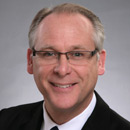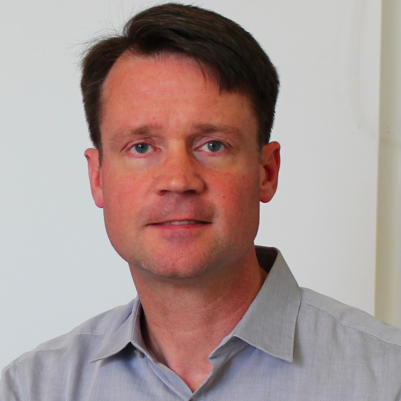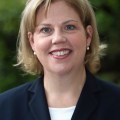
Event Details
- Wednesday, March 8, 2017
- 1 pm EST
- Free
- Online
Carbon Pricing From the Right
Series: comparing and contrasting carbon pricing across the political spectrum
Governments across the political spectrum are exploring and implementing carbon pricing… but not always in exactly the same way. In this online panel discussion, we unpack the essential elements of a small-c conservative approach to carbon pricing. In particular, we’ll take a look at the recent buzz about carbon pricing amongst Republicans in the United States after two former Secretaries of State— George P. Shultz and James A. Baker III—published an op-ed in the Wall Street Journal proposing a conservative response to climate change (see the full plan The Conservative Case for Carbon Dividends). You can also compare and contrast this conversation with our second panel in this series: Carbon Pricing from the Left.
Moderator

Chris Ragan
Chair, Canada's Ecofiscal CommissionMcGill University, Department of Economics
Expert Panel

Mark Cameron
Executive Director, Canadians for Clean ProsperityOriginally from British Columbia, Mark lives in Ottawa, Canada and has worked in public policy roles in government, business and consulting for over 20 years.
He has worked in several MPs and Ministers offices, including five years with Prime Minister Stephen Harper as Senior Policy Advisor and Director of Policy and Research. He has also worked for Ontario Power Generation, BlackBerry, and as a consultant on energy and environmental issues, most recently heading the energy practice at Hill+Knowlton Strategies. Mark has long been engaged in the environmental policy debate in Canada, and serves on the advisory board of the Pembina Institute and the steering committee of Sustainable Prosperity.

Bob Inglis
Executive Director, republicEn.orgIn 2011, Inglis went full-time into promoting free enterprise action on climate change and launched the Energy and Enterprise Initiative (“E&EI”) at George Mason University in July 2012. E&EI is a 501(c)(3), tax-exempt, educational outreach that lives to demonstrate the power of accountable free enterprise. E&EI believes that climate change can be solved by eliminating all subsidies, including the implicit subsidy of the lack of accountability for emissions. By creating a level playing field in which all costs are transparently “in” on all fuels, E&EI believes that the free enterprise system will deliver innovation faster than government regulations could ever imagine.
E&EI supports an online community of energy optimists and climate realists at republicEn.org. You can say you’re “En” on free enterprise solutions to climate change at republicEn.org.
For his work on climate change Inglis was given the 2015 John F. Kennedy Profile in Courage Award. He appears in the film Merchants of Doubt and in the Showtime series YEARS of Living Dangerously (episodes 3 and 4), and he spoke at TEDxJacksonville.
Inglis was a Resident Fellow at Harvard University’s Institute of Politics in 2011, a Visiting Energy Fellow at Duke University’s Nicholas School of the Environment in 2012, and a Resident Fellow at the University of Chicago’s Institute of Politics in 2014.
Inglis grew up in the Low country of South Carolina, went to Duke University for college, met and married his college sweetheart, graduated from the University of Virginia School of Law and practiced commercial real estate law in Greenville, S.C., before and between his years in Congress.
Bob and Mary Anne Inglis have five children (a son, 30, and four daughters, 27, 25, 21 and 19). They live on a small farm in northern Greenville County, South Carolina.

Adele Morris
Senior Fellow and Policy Director for Climate and Energy Economics, Brookings InstitutionAdele Morris is a senior fellow and policy director for Climate and Energy Economics at the Brookings Institution. Her expertise and interests include the economics of policies related to climate change, energy, natural resources, and public finance.
She joined Brookings in July 2008 from the Joint Economic Committee (JEC) of the U.S. Congress, where she spent a year as a Senior Economist covering energy and climate issues.
Before the JEC, Adele served nine years with the U.S. Treasury Department as its chief natural resource economist, working on climate, energy, agriculture, and radio spectrum issues. On assignment to the U.S. Department of State in 2000, she was the lead U.S. negotiator on land use and forestry issues in the international climate change treaty process. Prior to joining the Treasury, she served as the senior economist for environmental affairs at the President’s Council of Economic Advisers during the development of the Kyoto Protocol. She began her career at the Office of Management and Budget, where she conducted regulatory oversight of agriculture and natural resource agencies. She holds a Ph.D. in Economics from Princeton University, an M.S. in Mathematics from the University of Utah, and a B.A. from Rice University.
